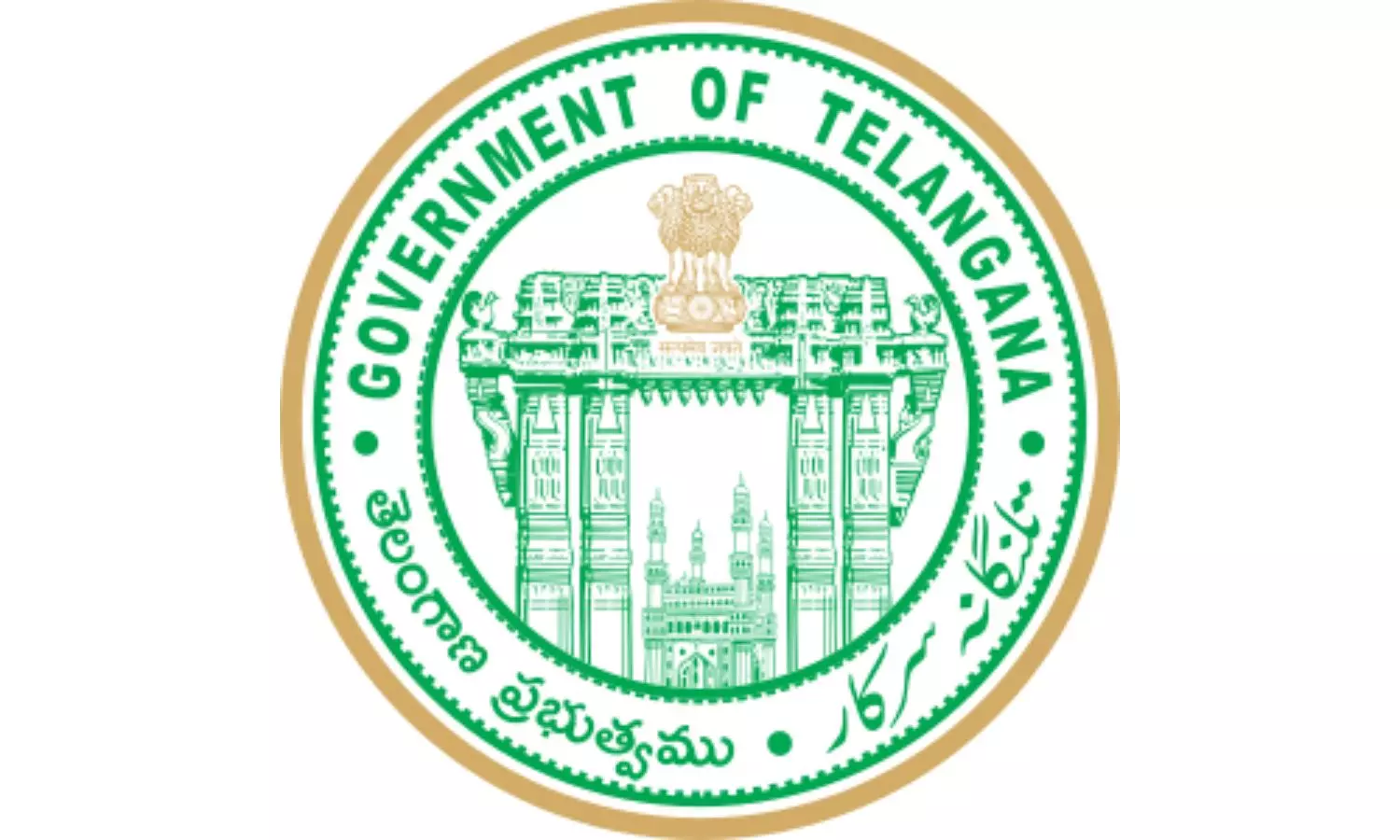Telangana: Rythu Bharosa Guidelines Issued

Hyderabad: The state government on Sunday issued detailed guidelines for implementation of the Rythu Bharosa scheme, which will replace the Rythu Bandhu of the BRS government, on January 26. The new scheme aims to provide enhanced crop investment support to farmers and address gaps in the earlier scheme that was implemented by the BRS government.
Funds will be directly transferred to farmers' bank accounts through RBI’s direct benefit transfer (DBT) system.
As an effective safeguard mechanism, the government has introduced stricter eligibility criteria to prevent the misuse observed under Rythu Bandhu.
District collectors have been tasked with grievance redressal and to ensure that no ineligible person benefits from the scheme. They will oversee the process of identification of eligible beneficiaries and also verify survey data for accuracy.
The National Informatics Centre (NIC) will serve as the IT partner for the scheme’s implementation. For the first time, the guidelines have been issued in Telugu to ensure accessibility for local stakeholders.
The state government clarified that the shift from Rythu Bandhu to Rythu Bharosa addresses previous concerns of misuse of public funds. The new scheme is tailored to support active cultivators and landless labourers while excluding lands not used for agricultural purposes.

